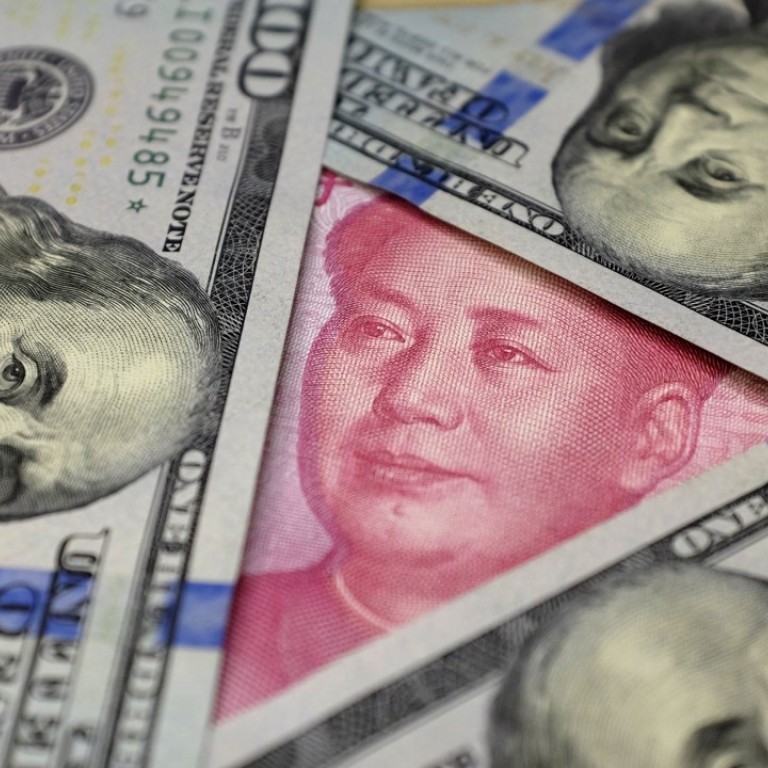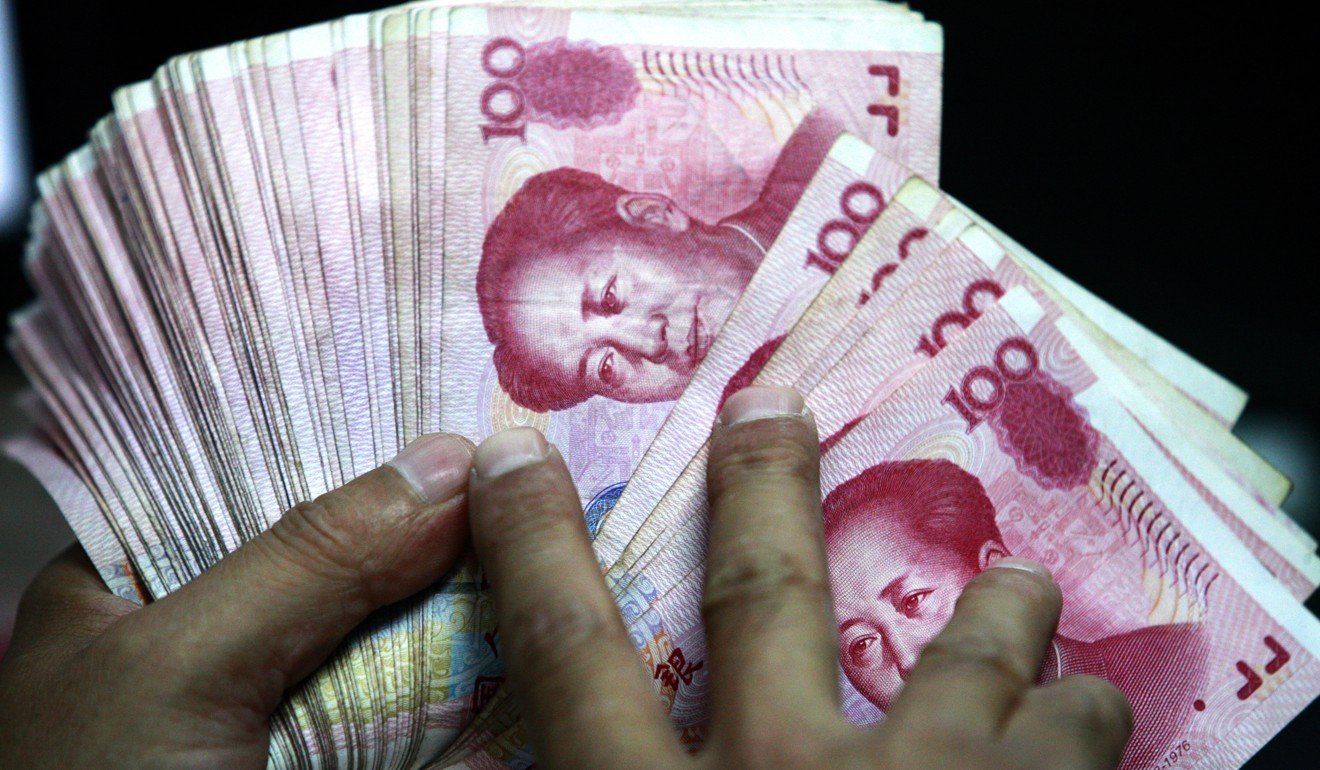
Two reasons why China’s currency doesn’t have more global clout
The government should promote the use of the yuan to make international financial payments and make it much easier to do it, says former central bank adviser
China has spotted two weaknesses in its efforts to boost the yuan’s global clout over the past decade, a Chinese financial researcher said on Wednesday.
The first is that China has been promoting the use of the currency in trade and investment, but not in financial transactions, according to Li Yang, a researcher with the Chinese Academy of Social Sciences who had served as an adviser to China’s central bank.
The second is that China’s home-grown cross-border yuan payment system – the cross-border interbank payment system – is not compatible with other payment systems, said Li.
“There’s a lesson for us. We must promote the yuan’s use in capital markets and financial transactions as well, instead of focusing on trade and investment,” Li told a forum in Beijing.
“Secondly, payment and settlement in the yuan is neither convenient nor efficient ... the yuan settlement system and foreign exchange settlement system is separated,” Li added.
Beijing’s efforts to boost the international profile of the yuan started in 2009 when it allowed exporters and importers in designated cities to settle cross-border trade in yuan. The process gained speed as China later allowed all trade and investments to be settled in the currency.

The yuan’s drive overseas received endorsement from the International Monetary Fund after it included the currency in the Special Drawing Rights basket. It gave the yuan nominal international reserve currency status along with the dollar, sterling, the euro and the yen.
The yuan’s market share in global payments was 1.9 per cent in July, making it the fifth most active currency after the dollar, according to the global transaction service provider SWIFT. Three quarters of offshore yuan payments were made via Hong Kong.
“The process of yuan internationalisation has been moving backwards in the past two years,” said Li.
While China still wants to see bigger global clout for the yuan, Li said the Chinese leadership was now more patient and cautious.
“The yuan’s internationalisation, the liberalisation of the exchange rate and capital account opening ... should go in tandem with China’s domestic financial market development,” said Li.
The yuan has appreciated about six per cent against the dollar so far this year, reversing a depreciating trend started after Beijing’s devaluation of the currency in August 2015.

